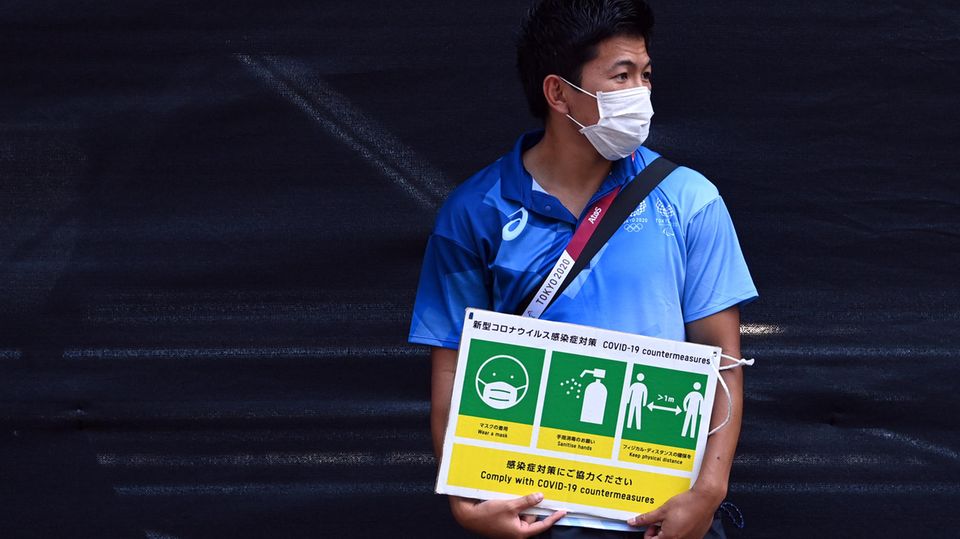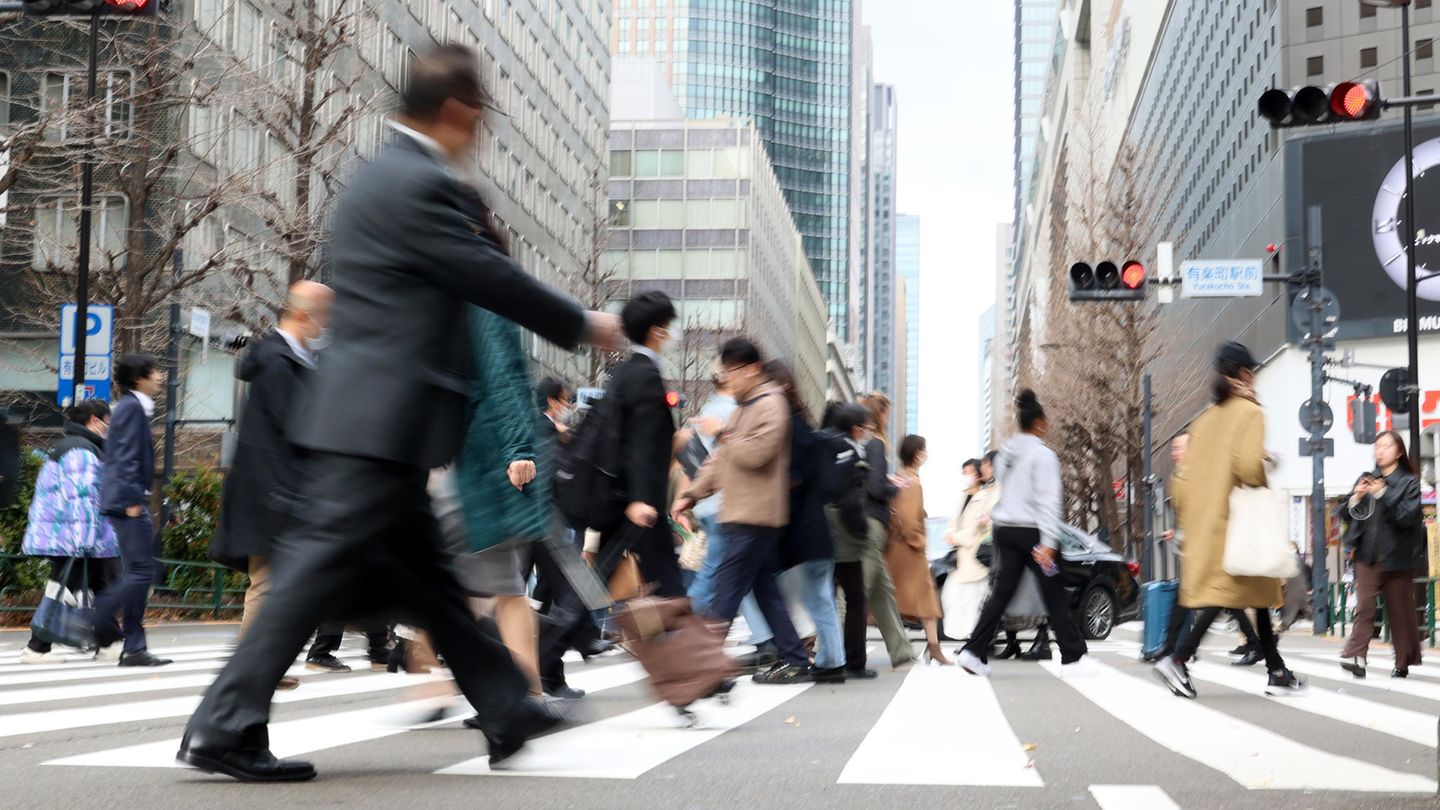By 2531, all Japanese could be addressed with the name “Sato-san”. This is due to the conservative naming law, which dates back to the 19th century. There is resistance to this.
Sato one, Sato two, Sato three… What would a world look like where everyone had the same last name? Would you have to number people to be able to distinguish them at least on paper? This could become a reality in Japan in the year 2531, the daily newspaper “Mainichi” quotes a study. The East Asian country is the only country in the world that requires spouses to choose a common surname. Double names or separate names, such as in Germany, are not possible there.
For his forecast, Hiroshi Yoshida, professor of economics at Tohoku University in Sendai, used data from a publicly accessible website. According to this, the most common name in Japan is Sato; 1.53 percent of the population is currently called that. From 2022 to 2023, the proportion of Japanese people with this last name increased 1.0083 times. That doesn’t sound like much at first, but if this trend continues, half of the population could have the same last name by 2446. Less than 100 years later, it would be all of them if naming rights and the rate of who chooses the name Sato don’t change, Yoshida concludes.
“I don’t think that would be a good world for us to live in,” the economist told the Mainichi newspaper. If the Japanese government allowed married couples to have separate surnames, the forecast would change.
Initiatives are calling for a different naming law in Japan
Several groups are calling for Japan’s conservative naming law to be changed; it dates from the late 19th century. The “Think Name Project”, which commissioned the study together with other organizations, would also like to modernize it with a campaign. Yoshida himself supports the goal and wants to stimulate thought with his study. A nation of Satos “will not only be inconvenient but also undermine the dignity of the individual,” he told the Asahi Shimbun newspaper. This could also lead to the loss of family and regional heritage.
The fact that married couples have to decide on a common family name also means that the woman usually gives up her maiden name. In 95 percent of cases, she takes her husband’s last name.

According to the Organization for Economic Co-operation and Development (OECD), 73 percent of women in Japan are in paid employment. The requirement to change names has a particular impact on those who operate internationally. That’s why the Japan Business Federation, a lobby group known as Keidanren, is campaigning for a changed naming law.
Keidanren supported the campaign and gave the Mainichi newspaper examples that show the consequences of the current system. A scientist reports that her papers published under her family name were no longer recognized internationally and that this was ruining her career. Another person said their first name was not accepted during contract signings. Others are annoyed by the effort and costs involved.
Conservative members of the ruling Liberal Democratic Party (LDP) want to keep the current legislation. The Guardian quotes concerns that changing naming laws would “undermine” family unity and could cause confusion among children.
Sources: “”, , “”,
Source: Stern
I have been working in the news industry for over 6 years, first as a reporter and now as an editor. I have covered politics extensively, and my work has appeared in major newspapers and online news outlets around the world. In addition to my writing, I also contribute regularly to 24 Hours World.




